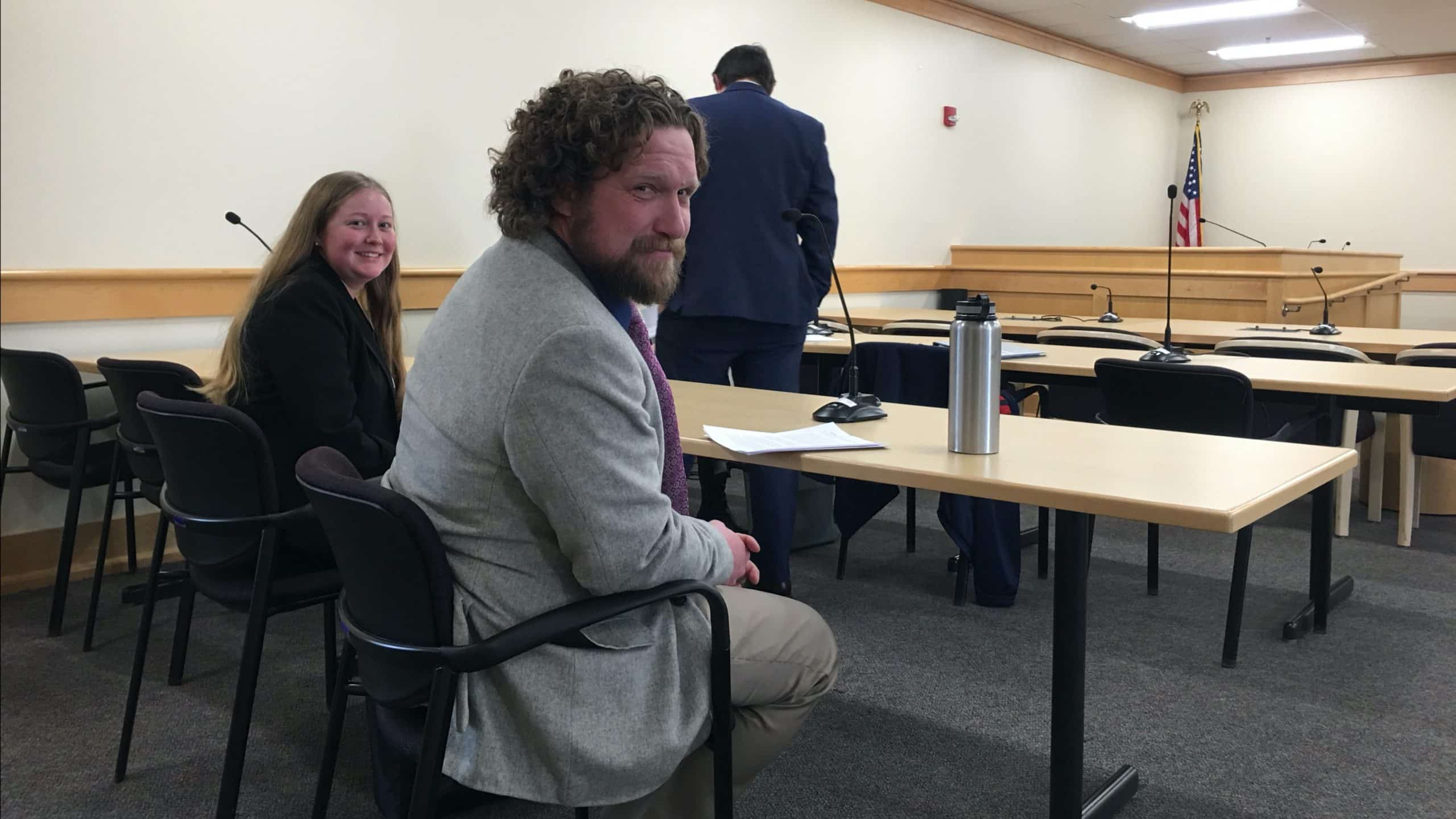July 15, 2020
The Energy Clinic has been working with low to moderate-income (LMI) communities in New Hampshire to help their members develop community solar arrays to both reduce their carbon footprint and their energy or lot rent costs.

The New Hampshire Public Utility Commission created a grant program to make this financially attainable for these LMI communities and in the spring of 2019, the New Hampshire legislature created a financial adder specifically for LMI community solar projects, making these types of projects more affordable. The NH team attended a number of stakeholder meetings throughout the new net metering rulemaking, including provisions for implementing the LMI adder. The proposal for implementation put forward by the Public Utilities Commission (PUC) Staff, particularly the rule for dispersing funds to LMI individuals, was analyzed by student clinicians. After brainstorming the effects of the rule as proposed and discussion of other ways of distributing funds, the NH Team submitted a proposal of their own to the PUC. According to student clinician Chris Heine, “This proposal was intended to provide more protection of LMI participants who decided that they wanted to participate in a community solar project, providing similar benefits at no additional cost to other stakeholders. This proposal was well received by the Public Utility Commission.”
The Energy Clinic has been working collaboratively with the NH Community Loan Fund and the model that they first developed for the Mascoma Meadows Resident Owned Community (ROC) in Lebanon, NH is one of the leading nationals models for low-income solar development. The Energy Clinic has two additional projects under development in NH utilizing similar models.